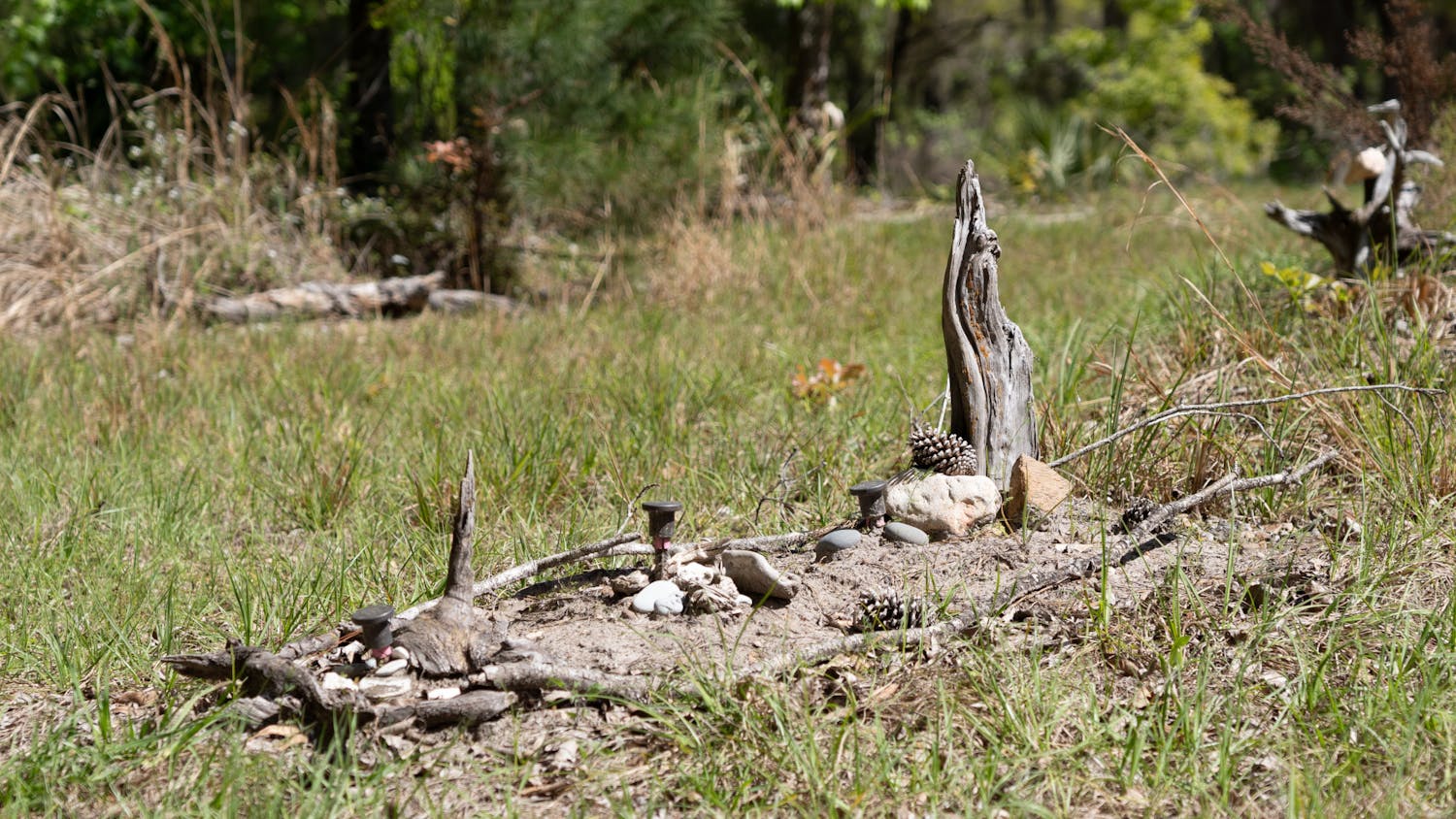A recent phenomenon in the marketplace has become a big deal in the past couple of years. The trend I am referring to is the flood of "green" products on store shelves.
You have seen these products: eco-friendly laundry detergents, all-natural shampoos, sustainable paper products. Many big-time manufacturers have delved into this world with at least one or two "green" products.
Initially, this seems like a great development. Are people finally beginning to realize their negative impacts on the environment and taking steps to reduce them?
Unfortunately, what I believe is happening is something that has been termed "greenwashing." Greenwashing is the act of wrongfully advertising something as being better for the environment when in fact it is not. Sometimes, the resources wasted on green campaigning negate any benefits the product may have had for the environment.
Many of these greenwashing companies are large corporations with worldwide distributions, meaning they more than likely sacrificed their "green" ways somewhere along their path to prosperity. Truthfully, these companies would suffer dearly if their operations actually went "green." They would have to reformulate many of their products, which would cost millions of dollars.
What is actually happening is very similar to something you see on TV shows. Often, one token character of some racial minority is present in order to appease minority groups and to draw in viewers from these groups.
The same goes for the greenwashing companies. They are trying to appeal to the environmentally conscious consumers by creating "green" products. They are doing so to increase revenues, not to save the environment.
For example, Clorox has created a line of green products under the Green Works label that they claim are natural, complete with cute illustrations of leaves on the packaging. The truth is that there is little basis for this claim. The ingredients for these products are not even listed on the bottles, so who's to say what is really in these products? It is evident that Clorox created this line of token "green" products as a ploy to capture part of the eco-friendly market.
The birth of greenwashing has made it increasingly difficult for people trying to decrease their harmful environmental impacts to do so. They now must sift through a sea of deceitful and outright false advertising in order to actually find products and companies that are indeed "green."
What may be needed is stricter governmental regulations on how products can be labeled. The U.S. Department of Agriculture's standards for organic-certified products are an example of a good start to governing label terminology.
Fortunately, there is some hope for consumers who want to make a difference. Some third-party organizations have taken the lead in determining which products truly have minimal impacts on the environment.
These groups evaluate products in multiple aspects, from the impact of extracting resources for the products to the packaging materials they use, only recommending those that meet their strict standards of excellence. Two of these groups are EcoLogo (www.ecologo.org) and Green Seal (www.greenseal.org).
Before I get off my soapbox, I would just like to say that you can prevent yourself from being conned by greenwashing products with the valuable resources I mentioned. Do not waste your chance to make an environmental difference by supporting those who are just trying to line their pockets.
Stephen Harris is a wildlife ecology and conservation senior at UF.





